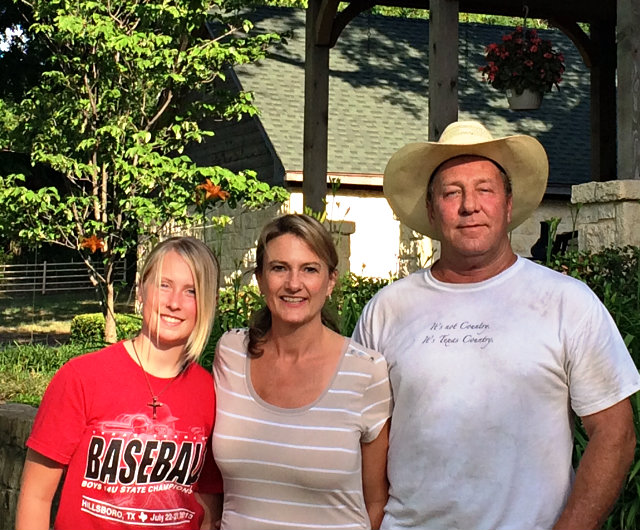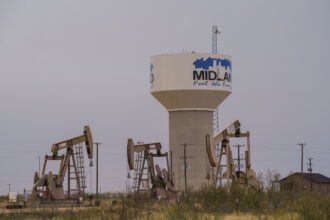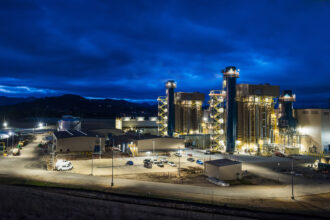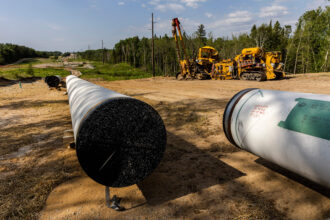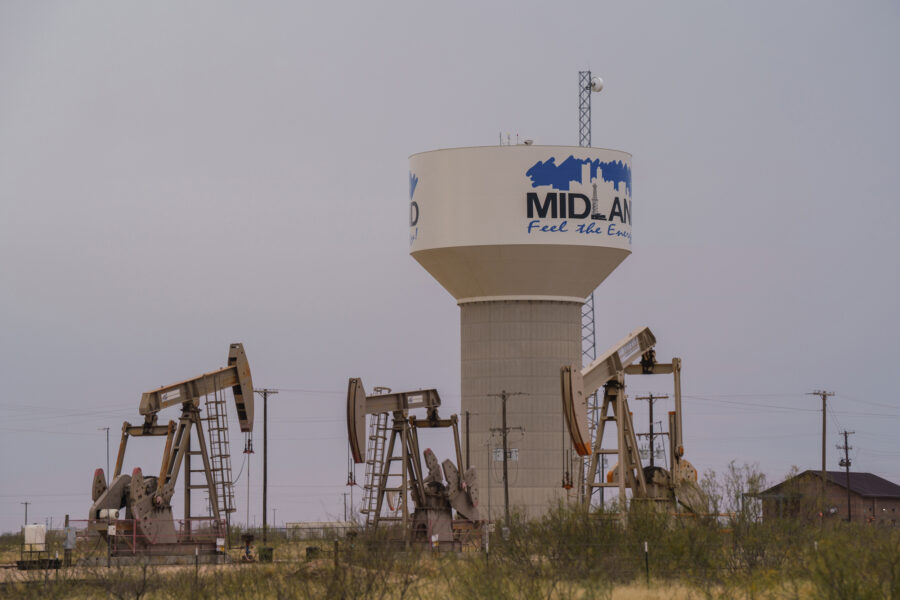A Texas judge will soon decide whether to accept a jury’s $2.9 million award to a Wise County family who claims to have been sickened by emissions from the gas and oil wells surrounding their home.
In April, a Dallas County jury found that Aruba Petroleum, a Plano, Texas company, “intentionally created a private nuisance” that affected the health of Jim and Lisa Parr and their daughter. It appears to be the first successful U.S. lawsuit alleging that toxic air emissions from oil and gas production sickened people living nearby.
More than 100 wells have been drilled within two miles of the Parrs’ Decatur, Texas ranch, 60 miles northwest of Dallas. One of Aruba’s arguments is that it owns only 22 of those wells, so the emissions could have come from one of its competitors’ wells.
If County Judge Mark Greenberg decides in the Parrs’ favor, legal experts say the case could establish new legal standards that would benefit people who are fighting the industry. But another Texas case, decided nearly two decades ago, is cause for caution.
In 1996, eight families, also from Wise County, contended their water wells were contaminated by natural gas and hydrogen sulfide, and they sued Mitchell Energy, a major natural gas producer. The families alleged Mitchell had allowed the hydrogen sulfide to seep into the groundwater that fed their wells.
A jury awarded them $200 million in damages, but the verdict was later overturned by the Texas Supreme Court. Among other things, the court said there wasn’t enough evidence to prove the water pollution in the wells came from Mitchell’s operation.
“I see that as harbinger of what will happen in this current case,” said William Anaya, a Chicago attorney who often represents the oil and gas industry and says oil and gas production is safe. “Somehow something was allowed to scare the jury. They got mad and returned the award.”
The appellate process is intended to allow a dispassionate and analytical review of the facts of a case, Anaya said, and he expects the Texas appellate courts won’t allow the trial’s emotional testimony to become a factor in deciding the case.
Neil Carmen, of the Lone Star chapter of the Sierra Club, also fears the Parr’s case may be lost on appeal. But for a different reason.
The jury’s verdict will be likely scrutinized at various levels of the Texas judicial system, a system that becomes progressively more political and philosophically in tune with business at its higher levels.
“Big business has a way of winning in the courts,” Carmen said.
The possibility that her family’s legal victory may be fleeting doesn’t bother Lisa Parr.
“It doesn’t matter what happens, because in my heart I know that a jury of my peers heard the case and decided we were subjected to the negligence and nuisance of this company,” she said. “You can’t take that away from us.”

About This Story
Perhaps you noticed: This story, like all the news we publish, is free to read. That’s because Inside Climate News is a 501c3 nonprofit organization. We do not charge a subscription fee, lock our news behind a paywall, or clutter our website with ads. We make our news on climate and the environment freely available to you and anyone who wants it.
That’s not all. We also share our news for free with scores of other media organizations around the country. Many of them can’t afford to do environmental journalism of their own. We’ve built bureaus from coast to coast to report local stories, collaborate with local newsrooms and co-publish articles so that this vital work is shared as widely as possible.
Two of us launched ICN in 2007. Six years later we earned a Pulitzer Prize for National Reporting, and now we run the oldest and largest dedicated climate newsroom in the nation. We tell the story in all its complexity. We hold polluters accountable. We expose environmental injustice. We debunk misinformation. We scrutinize solutions and inspire action.
Donations from readers like you fund every aspect of what we do. If you don’t already, will you support our ongoing work, our reporting on the biggest crisis facing our planet, and help us reach even more readers in more places?
Please take a moment to make a tax-deductible donation. Every one of them makes a difference.
Thank you,

